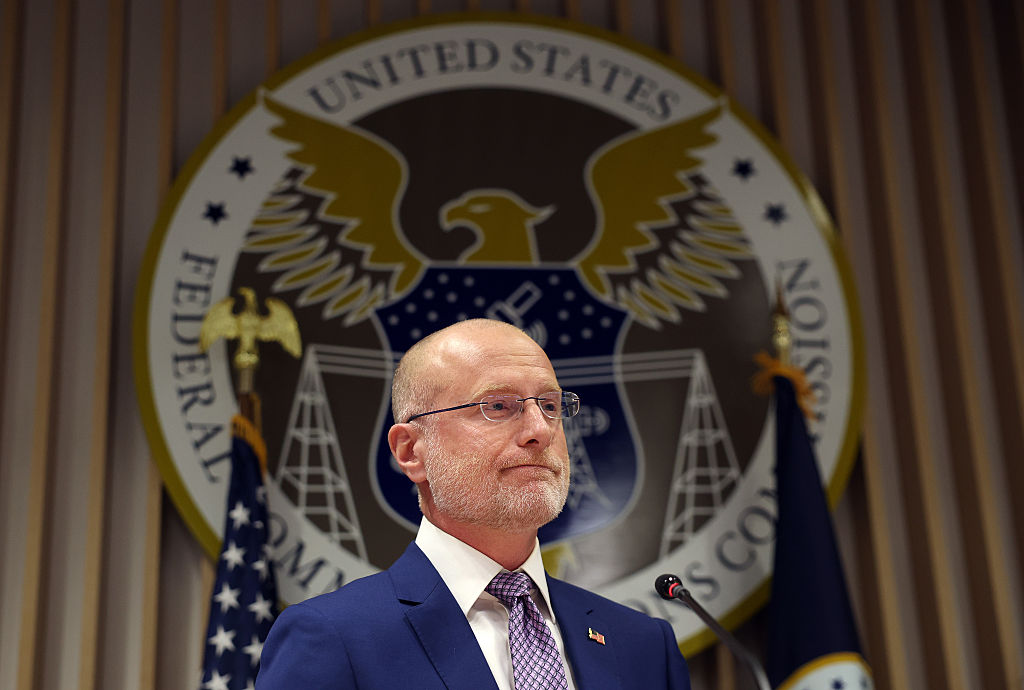Cities in Illinois and Oklahoma are latest to lure remote workers with free land, cash
A new trend is emerging from the COVID-19 pandemic: Cities across the U.S. are dangling financial incentives in front of remote workers who are considered up for grabs, now that they can work from anywhere.
Dozens of U.S. cities, many in middle America, are competing for remote talent. Take Tulsa, Oklahoma, which is offering individuals $10,000 cash, plus other benefits including office space and professional resources, to workers who put down roots in the southern city. Or Grafton, Illinois, which is giving free land to transplants who want to build homes. Move to Lewisburg, West Virginia, with a full-time, remote job and you'll pocket $12,000.
Makemymove.com, a website that advertises remote work opportunities, has compiled offers from 52 American cities, from Maine to Oregon, that want to grow their populations and local tax bases.
Riverside Grafton, the latest city to try to entice workers to its shores, is trying to grow its population of 650 residents. Workers who purchase a $5,000 lot from the city and build on it within three years will be reimbursed for the cost of the land, Mayor Mike Morrow said, according to a report.
Overlooked cities that have struggled to retain residents and attract new cohorts of professionals see the rise of remote work as an opportunity to build their economies and create better paying jobs. Meanwhile, workers, newly untethered from their offices and lured with incentives, see moving to cheaper locales as a surefire way to save money for everything from buying a home to building their retirement nest eggs to paying for their children's higher education.
"Have your cake and eat it, too"
Tulsa's work-relocation program, called "Tulsa Remote," awards successful program applicants $10,000 if they commit to living and working in Tulsa for at least one year.
The aim of the program, founded in 2018 and funded by the George Kaiser Family Foundation, is to grow the local economy, foster entrepreneurship and create more high-paying jobs for residents.
"Coming out of COVID, the landscape has shifted for people starting and growing careers that previously had to be in talent superstar regions like the San Franciscos, New Yorks and Seattles of the world," said Ben Stewart, executive director of Tulsa Remote. "The advent of remote work becoming very normal changes the table stakes for communities like Tulsa, where you can have your cake and eat it, too. You can own your first home and have a third bedroom you call your office, and visit family either across town or across the country."
Though the program was planned before the pandemic, the number of applicants increased fivefold in 2020, when COVID-19 sent workers home from their offices, according to Stewart.
The $10,000 incentive appears to be paying off. Tulsa Remote will have added an estimated $62 million in new local earnings in 2021 alone, according to a Harvard Business School analysis of the program.
Other cities appear to be taking note. Dozens of similar remote-worker recruitment programs have cropped up over the course of the pandemic, as more companies advertise jobs that don't require employees to be physically present.
Workers are choosing flexibility
The fact that other cities are now are offering workers competing incentives is encouraging, according to Stewart.
"The competition increases awareness of remote work and validates the concept. More people are choosing to have flexibility and agency in their own lives and are choosing the geography and even place in which they work," Stewart said.
From participants' point of view, the cost savings are significant and resources robust.
In 2021, Jhonathan Vasquez, who works remotely for an oncology clinic, and his wife moved from Houston to Tulsa, where they spend about 30% less on housing and other expenditures.
While the $10,000 stipend piqued his interest, "it wasn't necessarily the main motivator," Vasquez said. "Really, what got me was the cost-of-living difference. That's what made me settle on it."
For others, it's not about the cost savings, but rather the program's network of professional resources, particularly for entrepreneurs looking to raise capital.
Clarence Tan and Edna Martison, a couple who moved their startup, an educational gaming platform called Boddle Learning, from Kansas City, Missouri, to Tulsa, say their cost of living has remained roughly the same. But through "Tulsa Remote" they were introduced to investors who've helped them grow their company.
"I think what has kept us is the growing entrepreneurial ecosystem that is incredible to be a part of," Tan said. "I think the thing that has kept us is the community."
Remote work is only becoming more commonplace. More than 40 million Americans are expected to be fully remote in the next five years, according to a 2021 survey from Upwork, a platform for freelance workers. And big companies like tech giant Google and automaker Ford are delaying their January plans to return workers to offices in light of the rise of the Omicron variant of COVID-19, biding workers more time to lean in to remote work.



